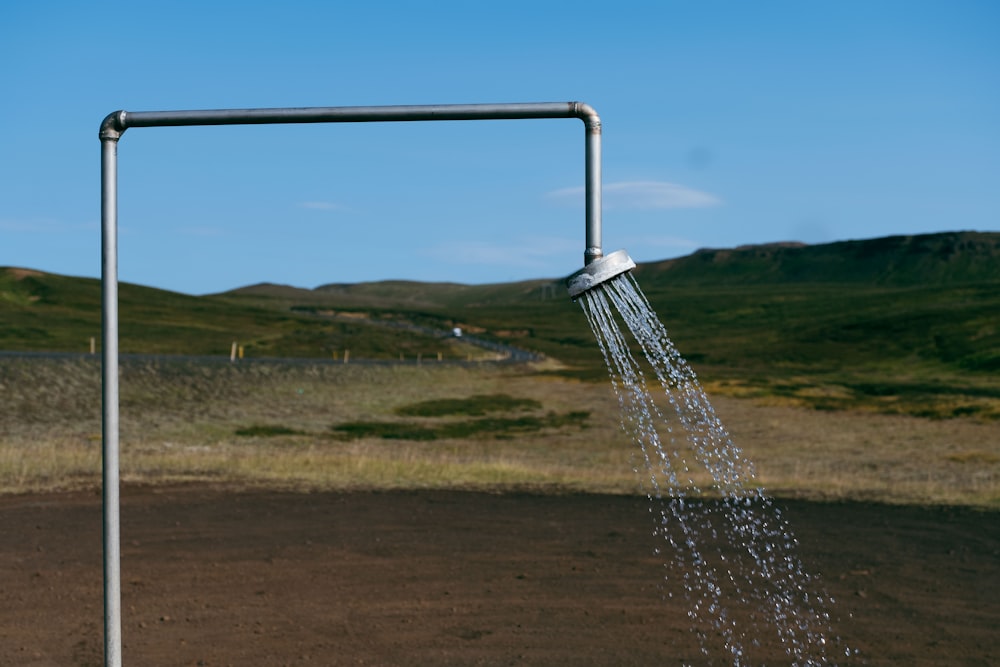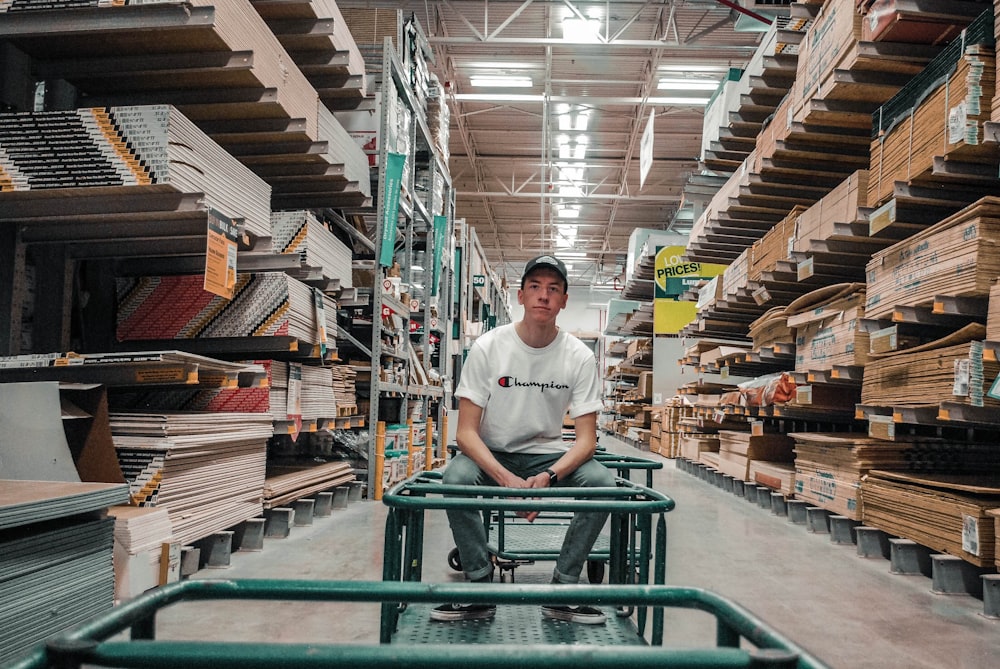To be successful in organic gardening, you need patience and persistence. A green thumb also helps considerably. This pastime should yield amazing and healthy foods, free of pesticides and other chemicals found in store bought produce. You might think this sounds complicated or expensive. Enjoy the following article that will help you become an expert organic gardener.
A great gardening tip to use is to always select types of plants that are more likely to produce a high yield. Frequently, a hybrid plant will produce a higher yield because of its disease-resistant properties.
Transplanting plants and bringing them indoors can protect them from harsh winters. You might want to transplant your most valuable varieties. Carefully dig around the rootball and replant in an appropriate pot.
When gardening, beware of stink bugs and other insects, particularly in the autumn. They like to feast on all kinds of fruits, as well as peppers, tomatoes, and beans. If they go unnoticed, they can cause large amounts of harm to your garden, so remember to take protective measures to reduce the population of stink bugs there.
Make sure you remove the weeds from your garden! A vibrant garden will be overrun with weeds if they are left alone. To aid in this venture, you might want to use white vinegar. You can use white vinegar to eliminate weeds! Keep a solution of vinegar diluted with water on hand to spray on weeds.
Do not cut your grass too short. If you let your grass keep some height after mowing, it will be able to absorb more sun and moisture resulting in a lusher, greener lawn. When you cut the grass too short, the roots are often not deep enough, which causes your lawn to have dry patches of brown, discolored grass.
When you grow veggies in a garden, you need to ensure they get at least six hours of good sunlight each day. Most vegetables need at least that much sun exposure to grow properly. Some flowers also require direct sunlight for a portion of each day.
Start peas inside in a container, rather than planting the seeds outdoors. Seeds are more likely to sprout when started indoors. They will also be stronger, and better equipped to resist disease and insects. After the seedlings have grown strong indoors, it will be time for you to transplant them to outdoor beds.
If you are a first time gardener, it is important that you follow all of the instructions on all of your tools and chemicals. If you don’t do this, you could cause unnecessary skin irritations, which are very painful. Keep your body safe and follow directions.
The hobby of organic gardening requires patience and effort, with a little help from Mother Nature. When you enjoy this hobby, you can find new opportunities to grow healthy and nutritious foods. It takes a combination of knowledge, skill and experience to become a good organic gardener. The tips you’ve read above will help you towards that goal.











